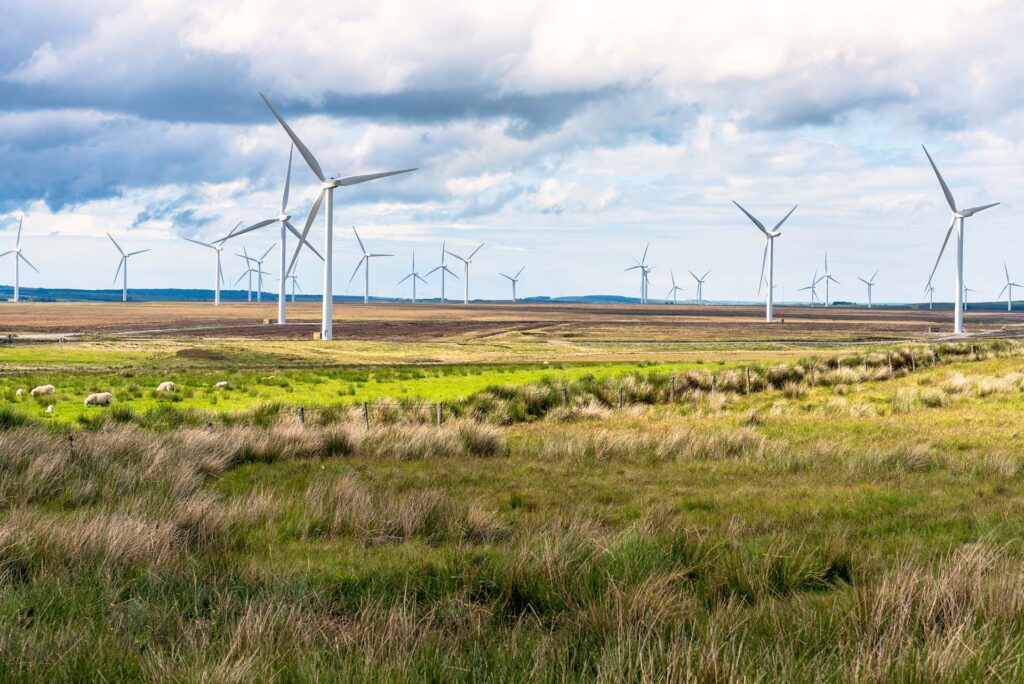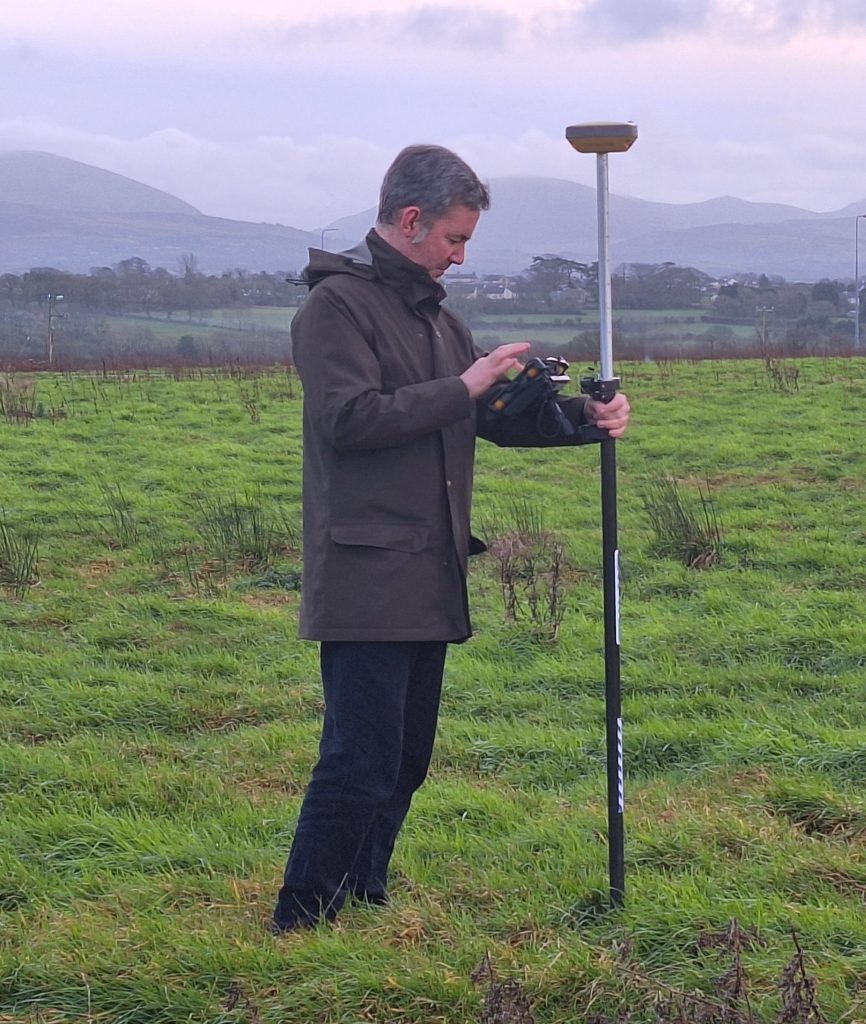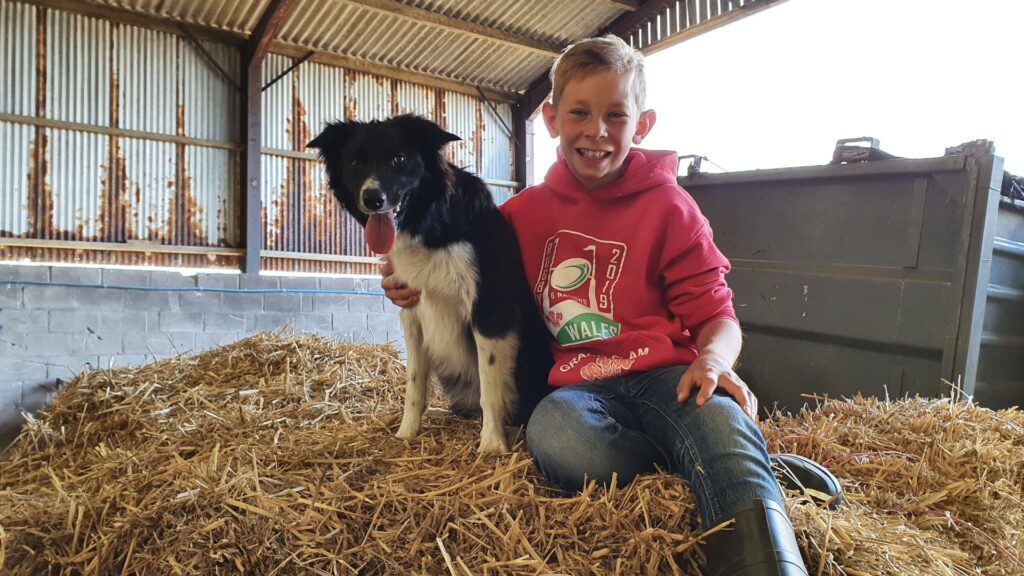Renewable energy consumption in Wales is growing annually and with approximately 27% of our electricity generated from renewables in 2019, this proportion is likely to be even greater four years on.
In order to meet energy targets set for 2030 and 2050, the Welsh Government have outlined the ‘Future Wales – the National Plan 2040’, in which they advocate the proliferation of onshore wind farm and other renewable energy developments.
Farmers, as such, have been encouraged to play their part in Wales’ bid to become net zero by selling their land to renewable energy companies to build ‘energy parks’.
This is something that could also potentially be a great income opportunity for agribusinesses.
However, these developments could compromise other income opportunities such as tree planting, so are farmers getting a fair deal from this?
Future Wales – the National Plan 2040
As part of its Future Wales initiative, the Welsh Government has picked out ten ‘pre-assessed’ areas that will be designated as locations where onshore wind farms can be built.
The policy forms part of the government’s target for 70% of electricity consumption to come from renewable sources by 2030.
Due to the finite amount of space available for such schemes, renewable energy companies are jostling for position to gain the land they need to implement new onshore wind farm and energy park developments.
Naturally, many farming communities lie within these designated areas and it will be their land that is sought after by such companies.
Wind farms: A lucrative opportunity?
In recent years, there’s been a great deal of innovation in onshore wind turbine technology, and this has led to a growth in the size of individual rotors, as well as taller turbines.
These new taller turbines will boost energy production in low wind areas and contribute to greater efficiency, as well as cost-effectiveness.
As part of the process of selecting potential land farmers are usually contacted by wind farm and energy park developers to enter into an Access and Exclusivity Agreement and thereafter an Option and Lease Agreement.
There are usually significant up-front payments available with the legal promise of further payments if the developer can achieve consent.
The availability of these payments will depend on the farmers willingness to enter into legally binding agreements which, as well as offering promises of value, can come at considerable opportunity cost, if they are not effectively negotiated.
How wind farm or energy park agreements can prove detrimental to farmers without proper advice
Wind and energy park developers have long sought to limit the type and size of trees that can be planted in the vicinity of wind turbines due to the potential impact they have on energy production but with larger turbines, there should be an opportunity for developers to offer more flexibility on this.
This is especially important given that, under new legislation, Welsh farmers will have to cover at least 10% of their land with trees in order to qualify for public funding.
Sadly, there is some evidence to suggest that there is a lack of flexibility within the negotiation process on such matters. This inflexibility is felt hardest by farmers that have been prohibited from tree planting only then to find many years later that their land did not achieve the planning consent being sought by the developers.
In addition to tree planting, farmers and developers should be giving careful consideration to the opportunities presented by carbon credits, biodiversity net gain and nutrient offsets within the context of the wind farm or energy park negotiation.
A more nuanced approach is needed when it comes to the documents that bind farmers that have signed up to having renewable energy schemes on their land, so that they can explore other income opportunities.
How Baileys and Partners can support your agribusiness
Baileys and Partners is passionate about farming, and we have used our knowledge and love of the industry to support local farmers for many years.
Our practitioners have their own farm businesses, so they know the challenges farmers face within land tenure negotiations, which means that we have a depth of expertise at your availability.
We have successfully navigated farmers through such negotiations by providing innovative solutions that strike a balance between the needs of both parties. Wind farm use and environmental management aren’t mutually exclusive, instead Baileys and Partners believe the two things should be complementary.
Find out more about Baileys and Partners expertise on farming, specifically valuations of farms in Wales, go here.







